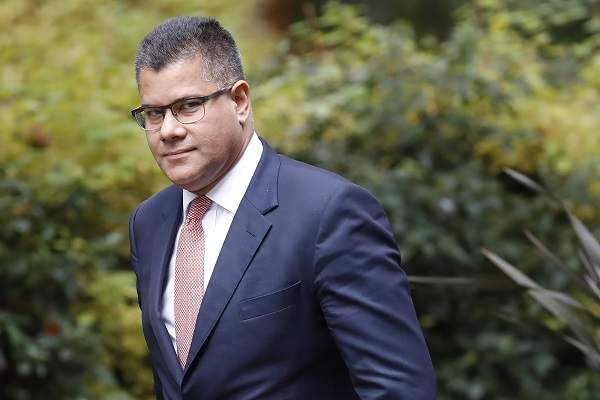Big Oil’s push to co-opt COP26
On Tuesday 18th August, the UK government launched its official call for corporate sponsors for COP26. The government’s COP Unit set out its criteria for potential sponsors and made clear that it was seeking support from companies that are:
“Driving positive change and innovation towards a lower carbon world.”
However, emails and meeting notes released to Culture Unstained following Freedom of Information (FOI) requests reveal that major oil companies such as Equinor, Shell and BP have been pushing to sponsor the crucial climate negotiations and to ‘partner’ closely with the UK government around the summit. Since October 2019, these companies have discussed their involvement in COP26 at more than 13 separate meetings.
In this report, we set out the most concerning examples and make public documents showing how:
- Norwegian oil giant Equinor had an in-depth meeting in May with the COP Unit about its expectations and potential involvement in the summit, after brazenly pushing for a sponsorship deal;

- during a 2-week period in March, BP discussed its involvement in COP26 at four separate meetings, including with the COP Unit, COP President Alok Sharma and over lunch with Minister for Business Kwasi Kwarteng;

- Shell sought to ‘partner’ with the government on COP26 since July 2019 and even raised COP26 plans over dinner with the UK Ambassador in the Hague.

During these meetings, BP, Shell and Equinor have been eager to higlight their “net zero by 2050” ambitions, their involvement in offsetting schemes, and eyed COP26 as a valuable opportunity to promote themselves as climate leaders. In some cases, the government has been all too willing to help.
But recent analysis by Oil Change International has highlighted how these companies’ net zero “ambitions” are overstated. According to their research, none of these firms:
“…come close to aligning their actions with the urgent 1.5°C global warming limit as outlined by the Paris Agreement.“
All of these fossil fuel firms all fall short of the standard required to be a sponsor of COP26 and yet the organisers of the summit have not ruled out the fossil fuel industry as potential partners.
Alok Sharma and the COP Unit must now:
- Demonstrate that these polluters have not been given undue influence over COP26
- Confirm that the criteria for corporate sponsors of the summit will rule out offers of sponsorship from fossil fuel firms
- Apply those criteria in full and eliminate offers of sponsorship from all major polluters whose activities undermine the aims of COP26
Contents
Below is our analysis of a cache of emails, meeting notes and briefing documents acquired through multiple Freedom of Information requests made to both the Cabinet Office and Department for Business, Energy and Industrial Strategy (BEIS). However, these documents only scratch the surface of the discussions that have taken place. In several cases, documents were initially withheld or redacted, and further information was only released after we asked for internal reviews to be undertaken. Even now, there are extensive redactions which have been applied, in many cases, to protect the “commercial interests” of the companies.
We are continuing to investigate and are pursuing the release of material that is still being withheld.
Click on the links below to jump to individual sections or scroll down.
1) Pushing for partnerships (2019)
- Equinor brazenly pushes for COP26 sponsorship deal
- BP eagerly seeks access to COP President
- COP26 already on Shell’s lobbying agenda in July 2019
- Shell raises COP26 over dinner with UK Ambassador in the Hague
- Shell seeks to ‘partner’ with government and is ‘working with’ COP Unit
2) A seat at the table (2020)
- BP‘s 2-week push for a seat at the table
- Equinor ‘chases up’ on its offer to sponsor COP26
- Equinor sets out expectations at in-depth meeting with COP Unit
3) Should Big Oil make the cut for COP?
- COP Unit launches call for summit sponsors
- COP26 President urged to clarify criteria in written question
- Why the COP Unit must rule out offers of sponsorship from fossil fuel firms
1) Pushing for partnerships (2019)
Equinor brazenly pushes for COP sponsorship deal
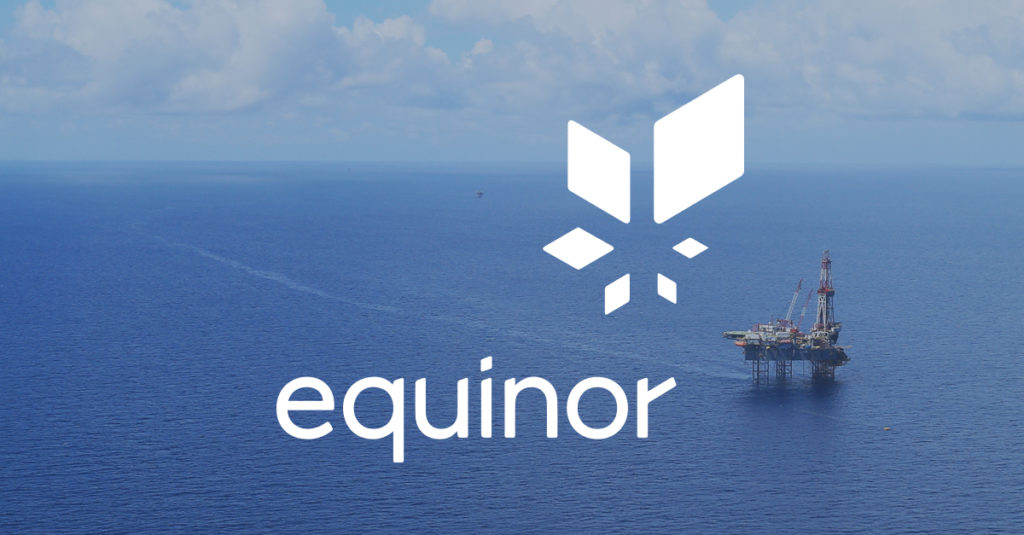
The climate summit in Glasgow is now being organised by the COP26 Unit which sits at the heart of the UK government within the Cabinet Office. But prior to that, plans for COP26 were being developed by the Department for Business, Energy and Industrial Strategy (BEIS). In October 2019, Norwegian oil and gas giant Equinor brazenly pressed civil servants at BEIS on how it might be able to attach its brand to COP26. An employee of the company asks:
“If I was to ask you – ball park – how much money you would like from us, for what, and with what visibility for us, what would you say?”
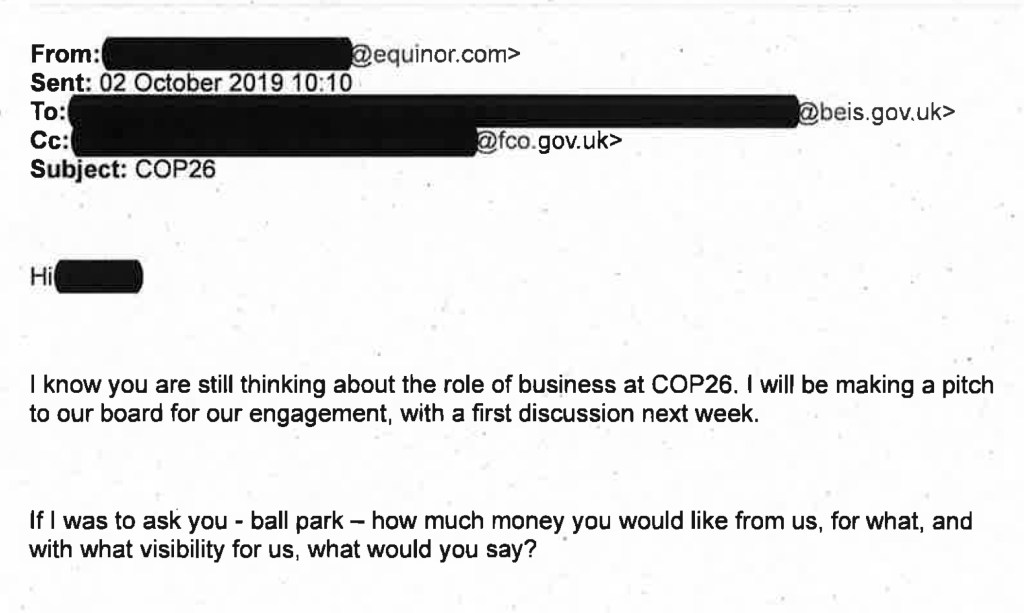
Staff at BEIS appeared to be all too familiar with the oil and gas industry’s direct approach, remarking to each other in response:
“Yeah, it’s a bit tricky with the oil and gas sector!! Can you send them a holding message for now saying that [we] note the kind offer and [we] are developing our sponsorship and partnering strategies…”
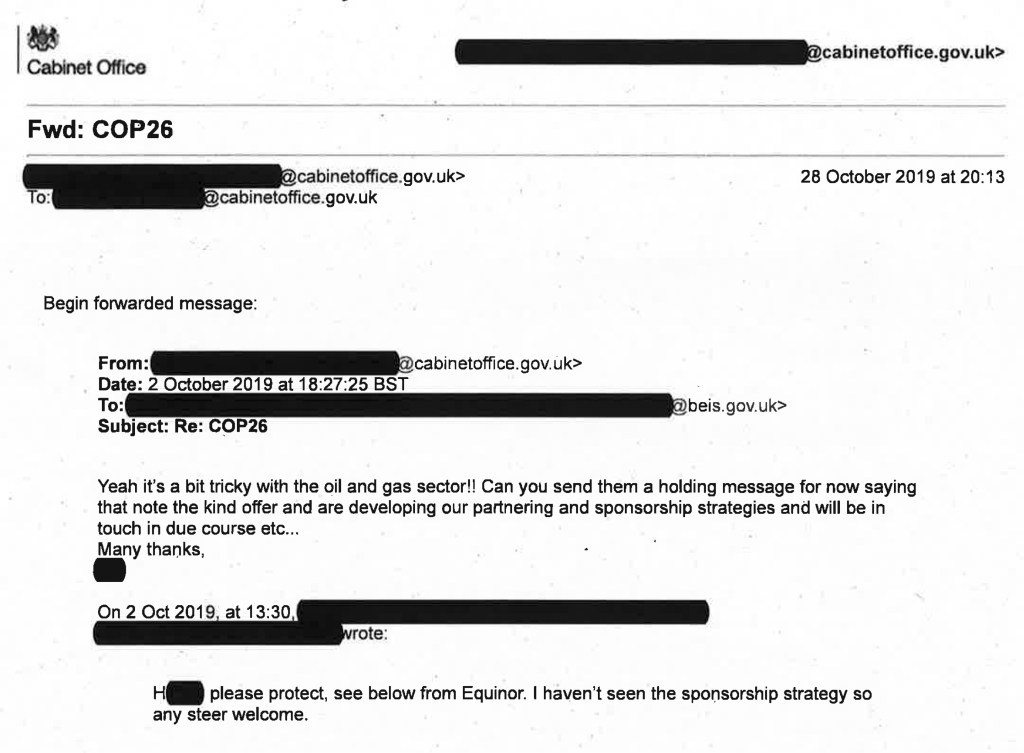
View the full document by clicking here.
BP eagerly seeks access to COP President

Fellow oil giant BP met with the Department for International Trade (DIT) just one month later on the 18th November 2019. While most of the notes from the meeting are redacted, it’s clearly noted that BP was already pushing to discuss the climate summit with Claire O’Neill, who was President of COP at that time.
View the full document by clicking here.
COP26 already on Shell’s lobbying agenda in July 2019

At a meeting between Shell and civil servants at BEIS on the 31st July 2019, plans for COP26 were on the agenda, even though the actual location of the summit was still yet to be confirmed. During that meeting, Shell also informed civil servants that it was hosting a round table for CEOs during New York Climate Week and was looking to invite a member of the Department. Crucially, four lines of key text relating to Shell’s interest in COP26 have been redacted by BEIS.
View the full document by clicking here.
Shell raises COP26 over dinner with UK Ambassador in the Hague
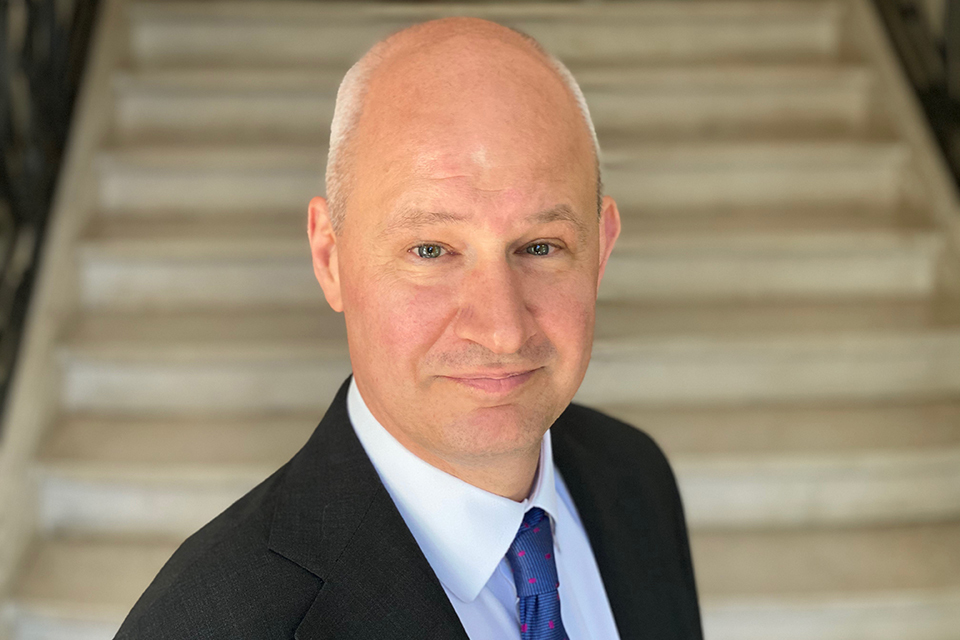
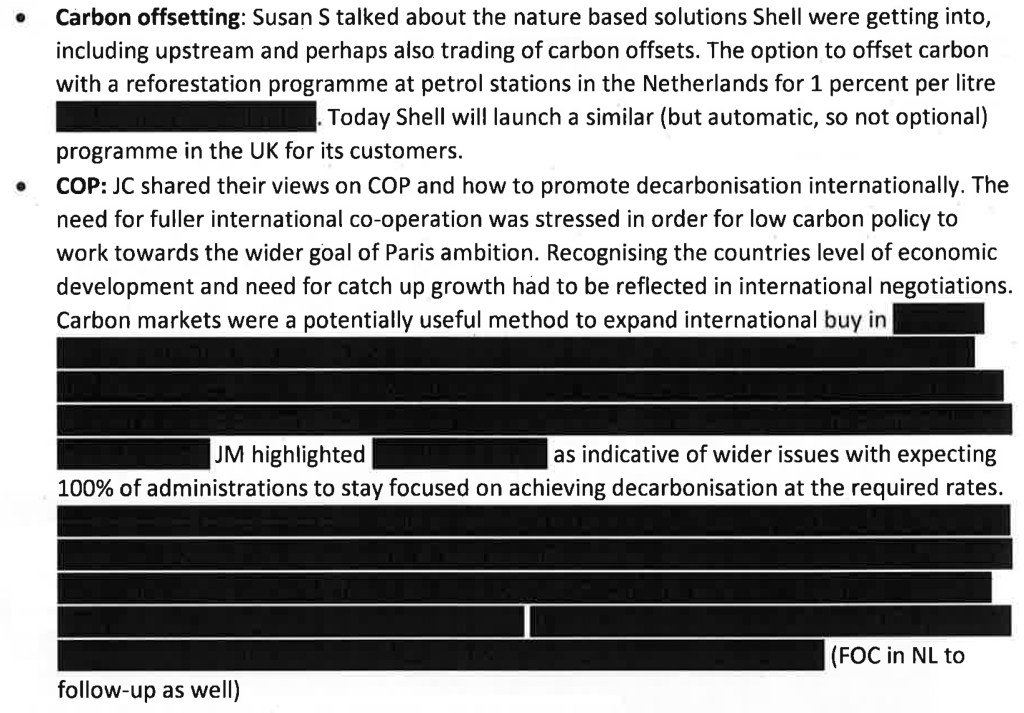
View the full document by clicking here.
Shell seeks to ‘partner’ with government and is ‘working with’ COP Unit
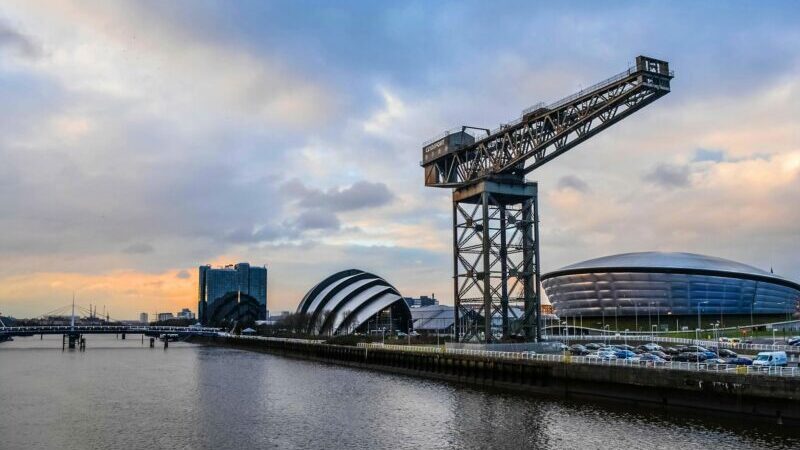
Glasgow SEC centre, where COP26 was originally planned to take place, before Covid-19 caused its postponement
Back in London on the 20th November 2019, Shell’s government relations team met with civil servants from BEIS and DIT for a meeting that appears to be dominated by Shell’s interest in what are largely tokenistic initiatives towards curbing emissions: offsetting schemes and carbon capture. Despite extensive redactions to the meeting notes, Shell’s desire to “partner” with the UK government and work directly with the COP unit is clearly stated.
View the full document by clicking here.
Alongside these more in-depth meetings, Shell – like other companies – also enjoys regular “catch-ups” with civil servants at BEIS. While these meetings are not unusual, having an open line of communication to the government is a clear benefit to Shell, particularly when it allows Shell to discuss potential risks to its reputation. At this catch-up in June 2019, a civil servant at BEIS proposes that they discuss recent protests, potentially referring to Extinction Rebellion’s actions targeting Shell two months earlier.
View the full document by clicking here.
2) A seat at the table (2020)
BP‘s 2-week push for a seat at the table
Earlier this year, Unearthed revealed how former Business Secretary Andrea Leadsom and other officials had told BP it would be a “key stakeholder” at the summit and that BP had met the government’s COP Unit to discuss how the fossil fuel giant could “contribute to the presidency”.
Our FOI requests have revealed that, since then, BP and others have persisted with their attempts to sponsor COP26 and influence its direction, even as the Covid-19 pandemic unfolded. Over the course of a 2-week period in March, BP discussed its involvement in COP26 during meetings with:
- BEIS Permanent Secretary Alex Chisholm
- Summit organisers in the COP Unit
- Secretary of State and COP President Alok Sharma
- Over lunch with business minister Kwasi Kwarteng
During these meetings, BP was keen to promote its “Net Zero by 2050” ambition which CEO Bernard Looney announced back in February and was generally welcomed by the government and civil servants. However, while BP’s plans do set it apart from other oil majors, there are many loopholes that have caused some to question whether the firm will actually deliver on its aims. Oil Change International‘s recent analysis showed that BP is still not aligned with the Paris goals and shone a spotlight on how the company’s headline aim of “cutting production by 40%” actually excludes “around 30 percent of the carbon pollution associated with its extraction investments.”
a) BP pushes to support ‘diplomatic efforts’
In an email to the Cabinet Office on the 13th March 2020, BP requested a meeting and was already setting out how it expected to “show up” in Glasgow for COP26.
View the full document by clicking here.
At a subsequent meeting with the COP Unit in the Cabinet Office on the 23rd March 2020, it was noted that:
“BP said their CEO spoke to the [Secretary of State] last week; they are keen to help before and at COP26 as appropriate; they offered to support with their convening power or international networks.”
View the full document by clicking here.
At its past AGMs, BP has asserted that it does not make ‘political judgements’ on the governments it works with or engage in foreign policy decisions, despite being a notorious political lobbyist. However, BP here seems willing to play more of an explicitly political role, potentially determining which stakeholders might come to the table at COP26.
b) BP discusses COP26 with BEIS Permanent Secretary
-
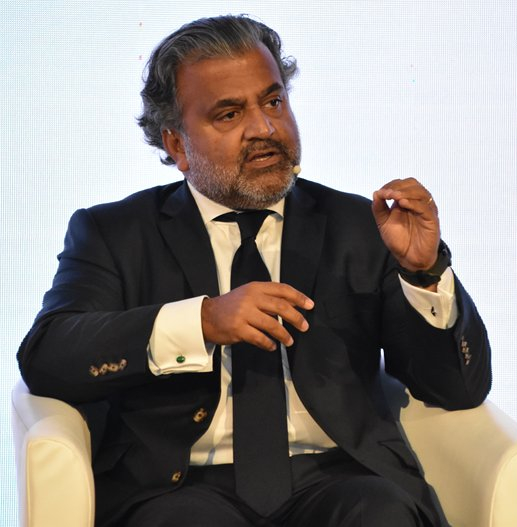
-
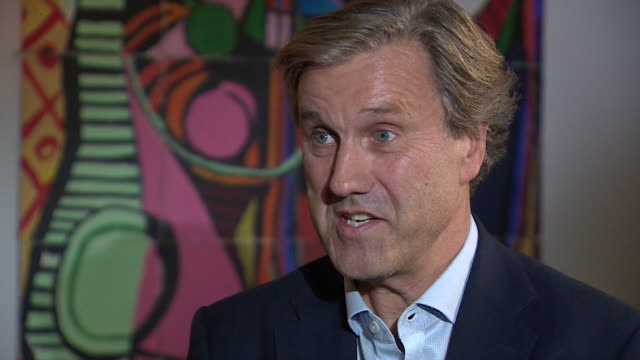
I
Dev Sanyal (left) and Peter Mather (right)
Just three days later, BP’s Executive Vice President Dev Sanyal and Regional Vice President Peter Mather met BEIS’s then permanent secretary Alex Chisholm for a meeting with “no formal agenda agreed”. Once again, BP’s potential involvement in COP26 was on the agenda – but even this top level detail was only disclosed to us after we requested an internal review.
View the full document by clicking here.
In the internal briefing drafted ahead of that meeting, Andrea Leadsom’s meeting with BP is referred back to:
“The previous Secretary of State [Andrea Leadsom] also met Mr Sanyal and Mr Mather on 28 January, when one of the things BP emphasised was their interest in being involved in COP26.”

Notes from the call show that BP’s involvement in COP26 was a priority, with Alex Chisholm commenting at the outset:

With the Covid-19 pandemic intensifying, Alex Chisholm and Danny Dorner (International Energy Unit) were also keen to get BP’s take on geopolitics:

View the full document by clicking here.
c) BP urged to ‘create an offer’ over lunch with Kwasi Kwarteng

Minister of State Kwasi Kwarteng MP
Just a few weeks earlier on the 16th March 2020, Dev Sanyal and Peter Mather had met Minister of State Kwasi Kwarteng for a lunch meeting to discuss responses to Covid-19. A readout from that meeting highlighted that:
“[BP] really want to be involved [in COP26] and [is] keen to work with government”
And that BP was:
“Currently meeting with several different people from all across government”
Crucially, Kwasi Kwarteng advised BP that:
“The more BP can do to proactively create an offer for government the quicker government will be able to move on our end to work together.”
Once again, the specific details of BP’s potential involvement are redacted. Nearly six months before the open call for sponsors of COP26 would be launched, BP was already having regular and extensive discussions about its potential involvement in COP26. Notes also recorded that Kwasi Kwarteng had arranged to have a further call with BP on the 30th March.
View the full document by clicking here.
Later, at a meeting with BP on the 29th April 2020, staff from BP also invited a civil servant from BEIS to come and give a presentation to the firm’s senior management on the department’s existing ‘COP26 campaigns’.
Plans were also made for:
“A discussion to cover the various ways BP can engage with COP”
But, as the notes from the meeting record:
“Some which [the COP unit] can work with more than others”.
It’s unclear whether this is an allusion to the criteria for COP26 sponsorship – which have since been made public – and the potential for those criteria to exclude “working with” major polluters such as BP.
View the full document by clicking here.
Equinor ‘chases up’ on its offer to sponsor COP26
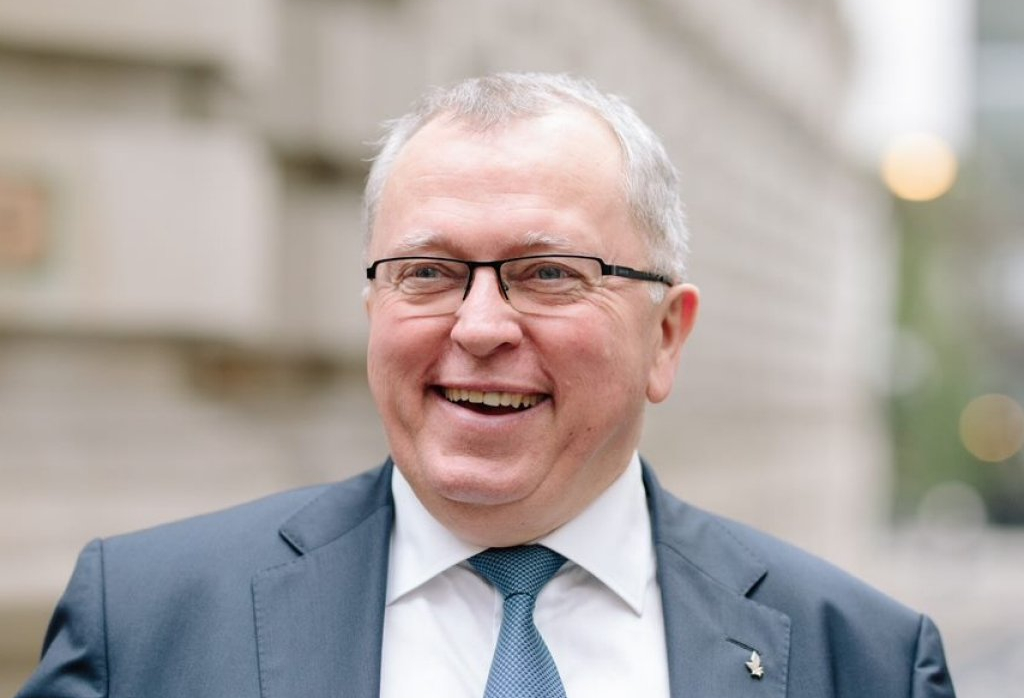
Equinor’s outgoing CEO Elder Sætre
“Chasing up on offers made (by Equinor) to help in the preparations for COP26, including possibly through sponsorship.”

View the full document by clicking here.
The following day, Equinor was already pushing to meet with civil servants again in order to discuss its role in COP26:
“If I may I think it would be worth me coming in to talk through what you, and we, are thinking by way of business engagement and campaigns… when we met [xxxx] last October (a long time ago now) we agreed that we would be happy to be one of the proactively helpful energy companies.”
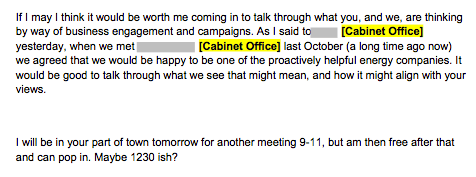
View the full email chain here.
Equinor then also had a further meeting on the 30th March.
Equinor sets out expectations at in-depth meeting with COP Unit
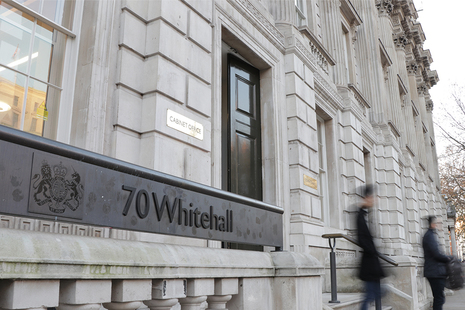
Cabinet Office on Whitehall, London
On the 23rd April 2020, Equinor again requested a meeting with relevant officials, noting that:
“We have been in touch this Spring about Equinor’s support for COP26, and we have had a couple of bilateral discussions.”
Before the meeting itself was even agreed to, Equinor was setting out its expectations:
“I think we would be interest [sic.] to cover, inter alia: campaigns, energy industry policies, deliverables and “anncunceables”, international engagement and natural climate solutions.”
View the full document by clicking here.
The meeting itself, which took place on the 28th May, was extensive and allocated a 1.5 hour slot, with in-depth discussion of the latest developments around COP26 and the role for business. Crucially, the areas for discussion included:
“Equinor’s view of what a successful COP26 would deliver”
And also:
“What Equinor might offer HMG at COP”
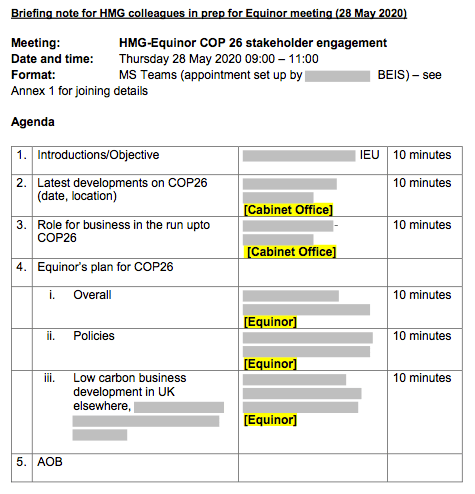
Like Shell, Equinor was also eager to steer the discussion away from topics such as cuts in production or curbing so-called “Scope 3” emissions arising from the end use of its products. Equinor deflected from its own responsibilities, bizarrely arguing that:
“Moving the company’s focus [away] from oil and gas is not the only answer”.

Instead, the oil and gas giant sought to focus on topics such as “carbon footprint efficiency” and the need for governments to set “global standards”.
During the meeting, Equinor claimed to have a credible ambition for reaching Net Zero by 2050 but, even in this meeting with the COP Unit, the shortcomings of its approach are clear:

Equinor has only committed to reducing the carbon intensity of its products, which leaves it free to actually increase production of hydrocarbons. Its suggestion of ‘focusing more on gas than oil’ suggests that the company is still approaching gas as a potential transition fuel rather than committing to transition away from fossil fuels altogether, an approach that has been widely criticised.
View the full document by clicking here.
Similarly, notes recording Equinor’s “view of what a successful COP26 would deliver” included measures that place little to no obligation on the company to scale back its production, instead seeking to promote unproven technologies such as carbon capture and underground storage (CCUS), and schemes that have repeatedly proved ineffective in delivering rapid emissions cuts, such as carbon trading.
View the full document by clicking here.
3) Should Big Oil make the cut for COP?
COP Unit launches call for summit sponsors
On Tuesday 18th August, the COP Unit launched its official call for corporate sponsors for COP26, saying that they were now seeking support from companies that are:
“Driving positive change and innovation towards a lower carbon world”.
Is your company driving positive change and innovation towards a lower carbon world? 🌍
We’re seeking sponsors for #COP26, which is being hosted in the UK next year.
Interested? Register here:
👉 https://t.co/Z2ATpWGeBI#ClimateAction pic.twitter.com/nXPMZv7y8t— COP26 (@COP26) August 18, 2020
However, as our investigations have shown, BP, Shell and Equinor had been pushing hard not just to sponsor COP26 but to directly partner with the government over many months. These notes and emails raise serious questions:
- Have these oil and gas supermajors already been given preferential treatment or even offers of sponsorship deals for COP26?
- Have these meetings influenced the criteria announced by the COP Unit for potential corporate sponsors, for example not explicitly ruling out the fossil fuel industry?
- Which other major polluters have been lobbying the government for involvement in COP26?
On the COP26 website, it states that sponsors should:
“Have strong climate credentials. We are looking for businesses who have set ambitious net zero commitments by 2050 or earlier, with a credible short term action plan to achieve this (e.g. Science Based Targets)”
In the “registration guidance” provided for potential sponsors, the COP Unit go further and set out additional criteria that will be taken into account. This includes mentioning ‘activity in certain sectors/industries’, raising the possibility that fossil fuel companies and other sectors could automatically be ruled out, but no further details are given.
COP26 President urged to clarify criteria in written question

Nadia Whittome MP
With the criteria unclear about whether fossil fuel companies could be eliminated from the process, in September 2020 Nadia Whittome MP sought clarification from Secretary of State and COP26 President Alok Sharma by submitting a written question:
“To ask the Secretary of State for Business, Energy and Industrial Strategy, with reference to Government criteria on corporate sponsors for COP26, whether he plans to exclude companies involved in the extraction and production of fossil fuels as potential sponsors for that conference.“
Minister of State Kwasi Kwarteng responded on the 24th September and largely restated the existing criteria:
“We are looking to partner with organisations at COP26 with strong climate credentials, particularly those who have set ambitious net zero commitments by 2050 or earlier, with a credible short term action plan to achieve this (e.g. Science Based Targets).“
He added that:
“We conduct due diligence on all potential sponsors, and will ensure compliance with rigorous government standards.”
Why the COP Unit must rule out offers of sponsorship from fossil fuel firms
BP, Shell and Equinor are all:
- Pursuing new exploration for oil and gas when proven reserves already exceed Paris-compliant carbon budgets
- Planning to remain majority invested in oil and gas for decades to come and not rapidly phasing out their production of hydrocarbons
- Overstating the potential role of unproven technologies like carbon capture and storage and nature based solutions in order to continue fossil fuel production
While some of these companies have set out what they claim to be “Net Zero” ambitions, none of them are backed up with credible “science based targets” (SBTs) and all contain significant loopholes. Recent analysis by Oil Change International has shown that none of these companies:
“…come close to aligning their actions with the urgent 1.5°C global warming limit as outlined by the Paris Agreement.”
The COP Unit must now:
- Demonstrate that these polluters have not been given undue influence over COP26
- Confirm that the criteria for corporate sponsors of the summit will rule out offers of sponsorship from fossil fuel firms
- Apply those criteria in full and eliminate offers of sponsorship from all major polluters whose activities undermine the aims of COP26


